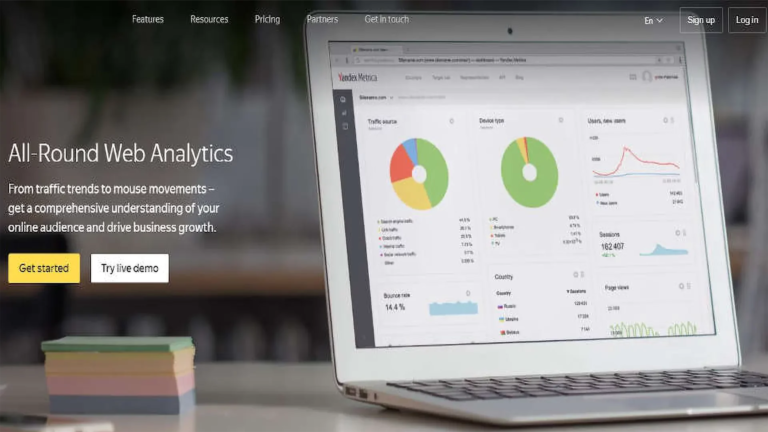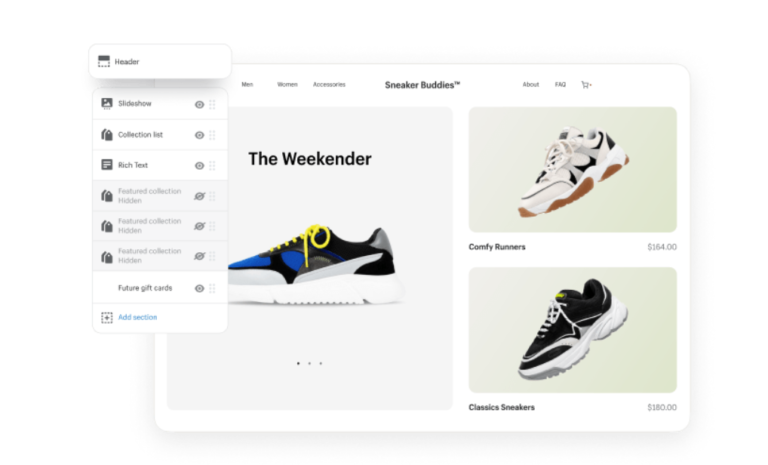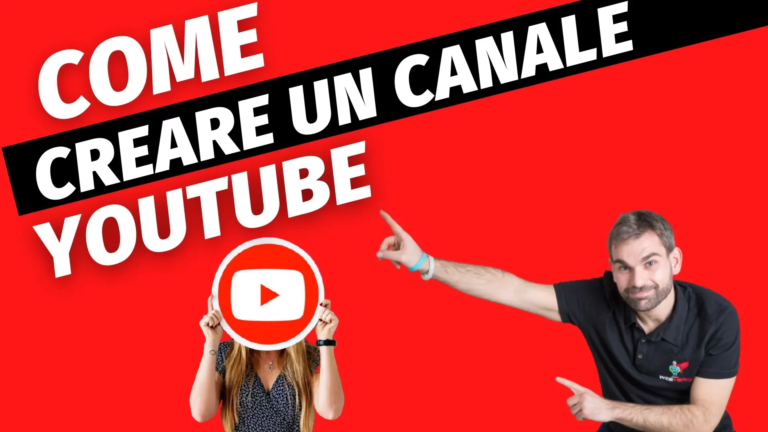
The development of an online brand is not only pursued through the optimization efforts of its website, but also through the construction of a network of external signals to support its online reputation.
Of course, foremost among these factors are backlinks, one of Google’s main ranking factors, but these are not the only elements that matter in terms of online visibility. What are the others?
What is Offpage SEO?
“Off-page SEO” is a definition that indicates a series of activities that are carried out on elements external to a website in order to increase the latter’s reputation in the eyes of search engines. Off-page optimization of a website obviously involves link building, the obtaining of backlinks from valuable sites in order to enhance a portal’s reputation, but it is not limited to this.
In fact, links are taken as a yardstick of a website’s importance, but in addition to them there are other factors that Google may consider more or less consistently for ranking purposes.

In general, off-page SEO encompasses all those activities that are carried out to improve the visibility of a site on the Web without resorting to changes in its structure and code.
When to resort to offpage SEO?
A successful strategy must take into account all those factors that develop outside the website in question and that influence its authority and visibility. Just as a person’s reputation is affected by various types of elements (hearsay, references, interviews, reviews), so the website is affected by mentions, citations, activities in the brand’s territory, etc.
Offpage SEO encompasses a number of valuable disciplines on the side of external signals that can be processed by search engines to draw up an assessment of a site’s authority in its field. They are very important in those contexts where competition is very fierce and there is a need to affect more of the external factors underlying ranking.
What activities does offpage SEO include?
Offpage SEO activities include:
- link building
- social media marketing
- content marketing aimed at other platforms
- reviews
- local citations
Creazione di link
Link building is a strategy aimed at obtaining links from authoritative portals that are actually visited and thematically related to the target portal.
Links are a major factor in Google rankings and are obvious “esteem signals” provided by other sites that algorithms take into account for ranking purposes.
Content marketing and guest posts
The creation of valuable content is one of the cornerstones of building a website’s authoritative reputation, but it does not necessarily have to be carried out within the site in question. Content is something that attracts the attention of an audience, and this is the case even when it is published within sites other than one’s own.
Creating interesting resources is a technique that is used to generate interest around the brand and build an aura around it as a competent and trustworthy entity in its field.
Link building is frequently carried out through the creation of guest posts, content designed to be hosted on other sites with a link within to one’s own.
Truly effective content-and therefore content whose links drive more effective traffic-is content designed to really address the needs of one’s audience, possibly in a more original way than the competition already does.
This is why resources such as:
- blog articles
- videos
- infographics
- case studies
- surveys
- podcasts
that delve into a particular topic and that a site may be interested in hosting to get traffic in line with its business.
Public Relation
Public relations are a range of online and offline activities aimed at increasing brand awareness. They may include:
- interviews
- sponsorships
- participation in industry events
- collaborations
They generally include all those activities that aim to make a brand known among a segment of the public that generally does not follow its activities.

Public relations allows to generate chatter (buzz) around a brand, to create curiosity and thus searches for information.
Google is able to pick up on these queries focused on a given brand’s activities, products and services. With tools such as Google Trends and Google’s own autocomplete for example, we can assess whether there are any consistent searches related to a particular brand, to taste for ourselves whether digital PR has succeeded in stimulating interest in the audience.
Mentions
Mentions are references to other websites made without recourse to links. Even in the absence of a clickable link, they are equally signals of interest and therefore are evaluated positively for the purpose of a website’s reputation.
Citations, to be truly effective, must be carried out in a positive sense, i.e., be expressed in a flattering sense with respect to the brand in question, and be made in a context relevant to that of the subject of the mention (e.g., a cook’s review in a cooking forum).
Forums are one of the main channels, in addition to social networks, in which mentions of brands, companies, and subjects accumulate: people exchange information and opinions about those who can provide products and services suitable for their needs, to make sure they make effective choices. Being mentioned-in a positive tone-among the most relevant names in one’s industry is a great sign of relevance and contextualization, even in the absence of links. Forums have fallen into disuse with the development of social media and the proliferation of blogs, yet they are still valued in certain niches, especially since they allow enthusiasts to exchange information that can be found even after time has passed.
Reviews
Reviews are ratings left in special platforms (TripAdvisor, Google MyBusiness, Facebook Pages…) that testify to visitors about the experiences that brands’ customers have had.
Collecting positive experiences is a laudable goal not only to offer Google attestations of one’s value but also to boost the effectiveness of call-to-actions. A brand about which positive attestations are spent is able to communicate its value more effectively and convert more powerfully. This results in better positive signals regarding the effectiveness of the site (dwell time, inbound organic traffic, number of page views..) that can translate into positive elements on ranking.
Social networks.
Links shared on social networks are not directly useful for ranking purposes, since they do not transmit link juice being “neutered” precisely to prevent them from being abused to distort rankings.
However, social networks are definitely useful platforms for increasing a brand’s visibility in its own context. It is expected that a company that is active and maintains contact with its audience has every interest in taking care of its presence on social, both in terms of the information shared by its official page and by participating in thematic communities with relevant interventions.
Sharing content in a balanced way, without tending toward spam, in social communities relevant to one’s business is a good way to make one’s brand known to potentially interested parties. Social media are excellent platforms for providing timely customer support as well as for getting initial contact from potential customers, so they are among the most congenial solutions when it comes to online reputation management.
Tools such as Quora and Reddit make it possible to cultivate relationships with one’s audience and come up with useful content to grow one’s reputation.
Influencers are particularly visible individuals in their own sphere and reputed as authoritative sources of information: they are excellent reference points for public relations purposes. In order to increase the visibility of our brand, we can turn to influencers in their respective social circles economically within our reach to agree on sponsorships or referrals in ways that suit them.
Google MyBusiness
Google MyBusiness is a platform provided by Google in which businesses can curate a profile of their business that will be visible on Google Maps and among the local results on the serp.
The MyBusiness tab is a concentration of information about a local business that the brand can manage in order to make its web presence more easily recognizable.
Users can leave reviews about the goods and services enjoyed and request information, which will remain visible to all. Curating one’s profile card helps to provide an up-to-date image of one’s brand, gather positive reviews of one’s operation, and provide responses to negative reviews in a way that defends one’s operation.
Brand building
Visibility on the web is realized through several factors, usually pertaining to the brand related to the website. Brand building is the practice involving those activities aimed at cementing a brand’s reputation online.
It may involve, for example:
- sponsorships and participation in industry events
- interviews
- case studies
and all content that allows the brand to be brought to the attention of segments of the public that generally do not follow it.












+ There are no comments
Add yours